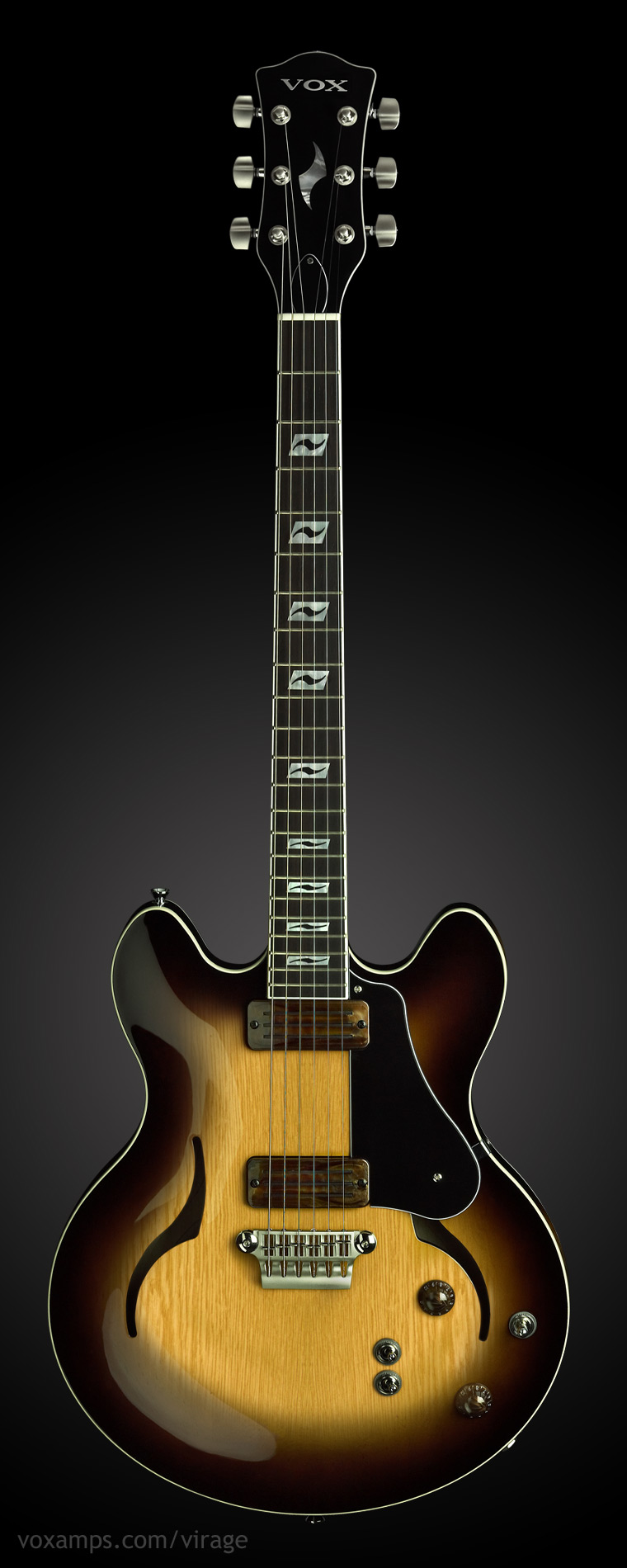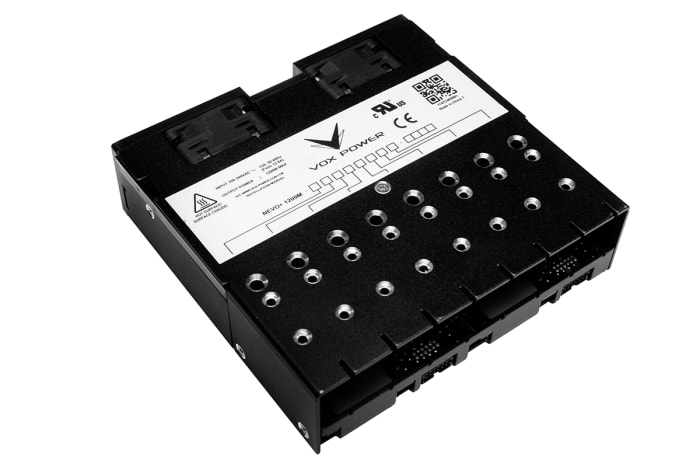Vox Guitars, Korg Era - 1998 - 2021 Vox Solid Body Guitars - JMI and Thomas Organ Era, 1962 - 1965 Vox Acoustic Guitars - JMI Era and Thomas Organ Era - 1964 - 1967. Welcome to Vox Media! We’re thrilled you’re considering working with us. You’ll be joining a friendly, fun, fast-paced, innovative, and inspiring community. Our team members come to Vox Media via diverse paths — we have backgrounds in painting, journalism, economics, English literature, sports marketing, advertising, photography.
| Look up vox in Wiktionary, the free dictionary. |
Vox (Latin, 'voice') may refer to:
Arts, entertainment and media[edit]
Fictional characters[edit]
- Vox (DC Universe character), Mal Duncan
- Vox, several characters in the anime series Lagrange: The Flower of Rin-ne
- Gleeman Vox, from the Ratchet & Clank video game series
Literature[edit]
- Vox (Nicholson Baker novel), 1992
- Vox (Stewart and Riddell novel), 2003
Music[edit]
- 'Vox' (song), by Sarah McLachlan, 1988
- Vox Records (Germany), a German record label
- Vox Records, an American record label
Television and radio[edit]
- MAtv, formerly Vox, a Canadian TV channel
- Vox (XM), a satellite radio channel
- Radio Vox T, a Romanian radio station
- WVOX, a radio station licensed to New Rochelle, New York, U.S.

Other uses in arts, entertainment and media[edit]
- Vox Media, an American digital media company
- Vox (website), an American news and opinion website
- Vox (magazine), a defunct British music tabloid
- Vox Magazine, produced by the Columbia Missourian
- Vox (video game), 2012
- Electro-Vox Recording Studios, or Vox, a recording studio in Hollywood, California
Businesses and organisations[edit]
- Vox (musical equipment), a British musical equipment manufacturer
- Vox (political party), in Spain
- Vox Italia, a political party in Italy
- Vox Talent, a Canadian talent agency
People[edit]
- Vox Day (Theodore Robert Beale, born 1968), American activist
- Victoria Vox (Victoria Davitt, born 1978), American singer and ukulele player
Science and technology[edit]
- VOX (file format), or Dialogic ADPCM, an audio file format
- Dudek Vox, a Polish paraglider
- HTC Vox, or HTC S710, a mobile phone
- Voice-operated exchange, or VOX, a voice-operated switch
Other uses[edit]
- Vox (vodka), a Dutch vodka
- HMS Vox, two submarines of the Royal Navy
- Vox-ATypI classification, in typography
See also[edit]
Looking at the nation’s most intriguing experiments in local policy.
The policy: Universal public prekindergarten for 3- and 4-year-olds
Where: Washington, DC
In place since: Expansion began in 2008
For two decades, Washington, DC, public schools have played host to national debates over a range of controversial K–12 education reforms. DC made major changes to how it handles teacher evaluations, school accountability, school choice, enrollment, and funding. Hard-charging schools chancellor Michelle Rhee posed on the cover of Time with a broom — as she pushed for a major reorganization of DC Public Schools’ central office and teacher contracts — only to find herself swept out of office in the next election.
But while DC schools remain a political football for education reform’s national supporters and critics, the city’s biggest education experiment has stayed mostly out of sight: Since 2008, the District has been building the country’s most comprehensive universal pre-K program.
DC has had public early education programs for decades, but these classrooms were often targeted to serve low-income students and only enrolled around one-quarter of DC 3-year-olds and half of its 4-year-olds. Meanwhile, the district has long struggled with opportunity and achievement gaps in its schools. For instance, in the 2005-’06 school year, white third-graders were three times more likely to score proficient (or higher) in mathematics than their African American peers, and more than twice as likely to score proficient (or higher) on English language arts tests.
Against this backdrop, local leaders believed pre-K could provide a foundation for the city’s K–12 reforms. Studies suggest that developmental gaps begin in the first years of children’s lives, and pre-K programs have been shown to improve children’s academic, linguistic, and social and emotional development. They can also help children complete high school, earn more money, and stay out of prison as adults.
Nationally, private pre-K education tends to be either fancier, smaller early education programs or larger ones with shorter schedules, lower-quality instruction, and less material support. Access usually comes down to income level. This disparity has led some cities and states such as Boston and Oklahoma to extend public school offerings to pre-K kids starting at age 4 (or even 3). But DC’s program is the nation’s most comprehensive. For instance, Washington state, which began its public pre-K program in 1985, enrolls fewer 3- and 4-year-olds combined than DC, even though the state’s public school system is 12 times the size of DC’s.
DC is “the only place in the country where every family can be reasonably sure there’s a place for their 3-year-old,” says Sara Mead, an early education policy expert at Bellwether Education Partners.
How it worked:
The 2008 expansion remade the city’s early education landscape. Now, DC enrolls three-quarters of its 3-year-olds in free, public pre-K classrooms in its district and charter schools. In 2017-’18, that worked out to more than 6,000 children — for comparison, note that across the stateof New York, just 3,721 3-year-olds were enrolled in public pre-K. DC pre-K also enrolls 85 percent of its 4-year-olds.
Vox Dc Comics
The program serves a diverse group of students: Two-thirds of enrolled children are African American, 16 percent are white, and 12 percent are Latinx. About half of students are classified as “at risk,” which in DC includes foster children, children experiencing homelessness, and children whose families qualify for social assistance — like Temporary Assistance for Needy Families (TANF) or Supplemental Nutrition Assistance Program (SNAP).
DC spends $18,580 per child enrolled — triple the national per-pupil figure. The District augments its local pre-K investment with federal early education dollars through its Head Start program, which is run by the US Department of Health and Human Services. Head Start classrooms are generally targeted to serve young children in low-income families. By combining these funds, DC makes it easier to serve socioeconomically diverse groups of children together.
“Seeing this kind of blending of cultures and socioeconomic backgrounds, you really see the benefits for all children,” says DC Public Schools pre-K teacher Lisa Gross. “Kids get to benefit from all the different cultures. It really leads to a much more rich learning experience.”
DC checks box after box when it comes to early childhood education quality. Nearly all of its pre-K classrooms are based in public schools. This makes it easier to tailor a campus’s pre-K program with older grades, which helps campus leaders align schedules, curricula, and instruction from early education through the end of elementary school. DC students generally attend pre-K for a similar amount of time as they will in kindergarten — at least 6.5 hours each day.
Full-day pre-K is a heavy lift. So DC pre-K teachers make similar salaries to their elementary school colleagues. They also receive coaching support to improve instruction. Cheryl Ohlson, the interim deputy chief of DC’s Early Childhood Education Division, says this is key: “The focus on instructional support and adult learning is what makes us unique.” It shows up in classroom quality — DC pre-K classrooms are improving their ratings across multiple metrics, including how well their teachers cultivate emotionally nurturing environments and provide instruction that helps children develop academic skills.
K-12 DC students’ performance has risen in recent years across a range of academic metrics. Given the range of changes in DC — shifting student demographics, major K–12 reforms, and the advent of universal pre-K — it’s hard to know precisely which change is driving which gains. But it’s getting better across the board.
The program had some unintended consequences. For instance, it squeezed DC’s private child care providers. Infant and toddler care is expensive — each adult can only care for a few young children at a time — so private child care centers generally make the bulk of their profits on older children. Now that DC serves most 3- and 4-year-olds in public pre-K classrooms, its child care costs are among the country’s highest.
Additionally, a Center for American Progress study found that DC’s universal pre-K expansion raised mothers’ employment rates. However, author Rasheed Malik noted that “many of the private benefits have gone to higher-income families. … It’s possible that this program has added to the pressures of gentrification, as the incentive structure has changed for higher-income, more educated parents,” meaning that pre-K helps make DC appeal to and meet the needs of young, high-income families.
This suggests a concerning possibility. What if DC universal pre-K primarily benefits middle- and upper-middle-class parents who can afford three years of paying for (more expensive) child care in return for long-term care savings? To that end, DC is already building the next frontier: a universal birth-to-5 system of care and education.
Replicating DC’s success won’t come cheap. Politically speaking, it’s easy to promise pre-K as a cost-effective alternative to tough K–12 reforms. It’s harder to do both these things, and to do them well. Pre-K’s benefits aren’t automatic. A 2015 study found that students who attended Tennessee’s public pre-K program showed weaker academic trajectories than non-attendees after several years.
The quality of pre-K implementation partly depends on how it’s sold to the public. Early education advocates often present its promised benefits as investment returns. That is, these programs benefit children and their families, but they also advance the public’s fiscal interests. If pre-K reduces the number of children who repeat a grade or are placed in special education services, it saves public education dollars. This might lead places that enact the program to use it as an excuse to forgo other expensive, difficult K–12 reforms.
If the public views early education as an alternative to costly remedial education or social programs, it will always be hard to find resources. But DC shows that quality pre-K starts with significant funding and careful implementation over time while not presenting it as an alternative to funding and reforming K–12 education too.
It took big promises to make universal pre-K happen in DC. But it’s paying off — largely because the city refused to cut corners.

Dr. Conor P. Williams is a fellow at The Century Foundation.
Millions turn to Vox to understand what’s happening in the news. Our mission has never been more vital than it is in this moment: to empower through understanding. Financial contributions from our readers are a critical part of supporting our resource-intensive work and help us keep our journalism free for all. Please consider making a contribution to Vox today from as little as $3.
In This Stream
Laboratories of Democracy
View allVox Scholar
15Vox Dcc Showing
stories